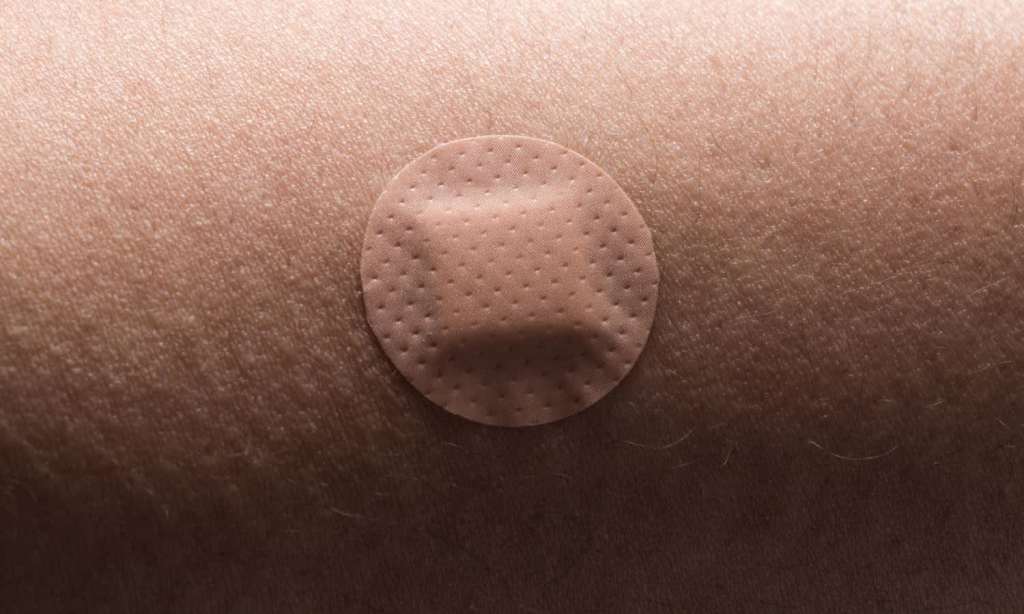It feels like it’s been an eternity since COVID-19 entered our public consciousness, but really, it’s only been a year — maybe a smidge over. And now, 14 months on from the first case, the COVID vaccination rollout in Australia has commenced. If you’re not great with needles — which is known as trypanophobia — we’ve got you covered. As for the actual vaccination appointment itself? We’ve got you sorted there too.
But now, as the date of your vaccination appointment nears, you’ve probably seen myths, misconceptions, and outright bold lies about the COVID-19 vaccine — some people are refusing outright to get it (there’s one myth busted: No, the vaccine isn’t mandatory).
With the help of medical professionals (read: actual, certified doctors), here are the top three COVID-19 vaccine myths — debunked.
Vaccine Myth #1: The COVID-19 Vaccine Was Made too Fast
There’s no denying that these vaccines have been made faster than the average — due to the unprecedented death, disruption and disaster that COVID-19 has brought. As Mayo Clinic said on its website, “The emergency situation warranted an emergency response.”
In addition to that, many pharmaceutical companies invested significant resources into the quick development — something Dr. Seema Sarin M.D., director of lifestyle medicine at EHE Health, backs up. Speaking to Bustle, she says, “There’s collaboration between research teams, governments, and private companies all over the world. That’s sped up a normally slower timeline for vaccine development.”
In addition to this, many of the COVID-19 vaccine top candidates weren’t developed entirely from scratch. Pfizer, the first vaccine approved in Australia, used a technique involving mRNA drawn from cancer research. AstraZeneca (which is what most Australians will receive) used a genetically altered cold virus.
Vaccine Myth #2: The COVID-19 Vaccine Isn’t Safe
Any vaccination, treatment, or medication has to go through a strict clinical trial process. Panadol? Clinical trial. Breast cancer treatments? Clinical trial. The medicine your pharmacist distributes to you? Once again, clinical trial.
And getting something through a clinical trial is no easy task. There’s laboratory research, animal studies, and then human clinical trials — which involve three different phases. Then, it has to be approved by the Therapeutic Goods Administration. This is no easy task, as they have a rigorous assessment and approval process; requiring strong scientific data and analysis.
So by the time the needle pierces your skin, you can rest assured that the vaccine is safe. In fact, researchers and medical professionals will continue to monitor safety post-injection — a plan the TGA outlines here.
Vaccine Myth #3: I’ll Get COVID From the Vaccine
Nope, not a thing. Or as Professor Peter Collignon, leading infectious disease physician, said to SBS News: “This is virtually impossible.”
The vaccine cannot give you COVID, because it doesn’t contain the “live” virus. None of the vaccines do, according to Professor Collignon.
AstraZeneca contains a “neutered” version of the virus — similar to a flu shot — and by containing elements of it, your immune system will be taught how to protect against it. Pfizer doesn’t contain any versions of the virus. Instead, it just contains “instructions” for your body to make the spike proteins that distinguish COVID from any other viruses. And then? Your body creates antibodies to protect you from the real thing.
Essentially, the COVID vaccines work in helping your body not get sick if you do contract the virus. It doesn’t necessarily stop you from spreading it — so please continue to wear a mask.







